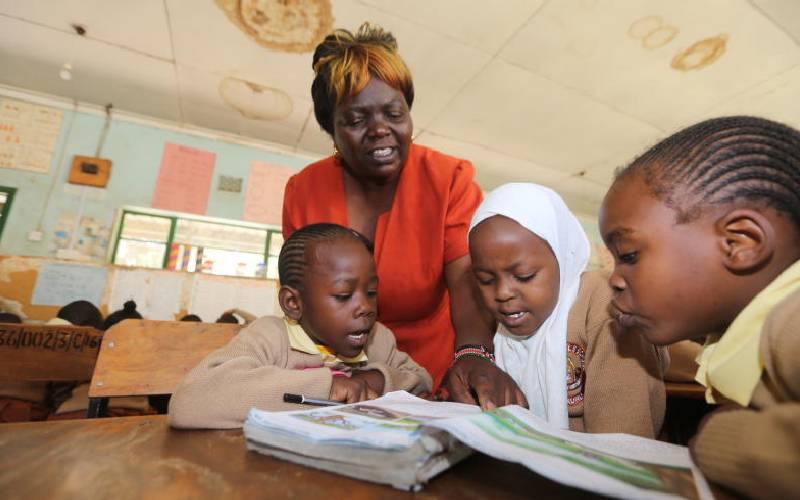
To truly allow students to be free thinkers, creators, inventors and leaders, schools should harness tolerance and liberalism. Latitude to truly be self, without fear of subjugation. Without fear of labelling and/or victimisation. It is awfully imperative that everyone in a learning community feels that they truly belong, regardless of where they come from, how they look like, how they talk, what gender they identify with, who they love et cetera. Dogma - of whatever nature and inclination - must never have a place within a learning community. Discrimination and/or bias of any kind must never be tolerated.